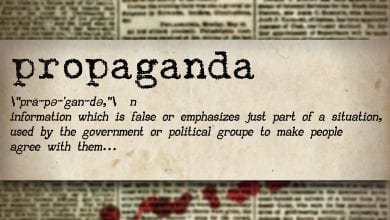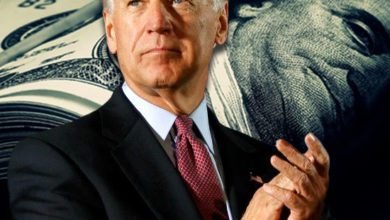Substantive FOX Business Debate Largely Fair, “Soft” to Liberal Media
Both of Tuesday night’s GOP debates finally fulfilled a criteria promised by all networks which have hosted one- they actually discussed the issues. Most candidates actually delved into the specifics of their tax plan, citing specific rates they would assess and loopholes they would close. The controversial artificial control of interest rates by the Federal Reserve was also discussed.
Yes, there was a lot of candidates sparring in both debates. Bobby Jindal and Chris Christie fought about their records throughout the undercard debate. At one point, Jindal even offered the New Jersey governor a “participation trophy and a juice box.” Puerile jabs aside, substantive differences in records in policy positions were at the center of the fighting.
The same was the case during the main debate. A rather heated exchange between Marco Rubio and Rand Paul, which evoked what seems to have become characteristic shouting from the Kentucky Senator, focused on whether unfunded defense spending is in line with conservative economic principles.
For once, the moderators were not a substantive part of the debate. They asked weighty questions about policy differences on issues like taxation and the proper scope of the government in various issues. Often, when the buzzer which signaled a candidate had used their allotted response time cut the speaker off mid-sentence, the moderators allowed them to finish before refocusing the debate.
These practices approach something like fairness, something the GOP does not often experience at the hands of the media. And in he wake of CNBC’s egregious debate conduct, it is refreshing. But apparently it’s too much for beleaguered Politico. The news site, already reeling from unsubstantiated reporting accusing Ben Carson of lying about his past, calls this “playing it safe” in their analysis of what they view as a soft ball debate.
Apparently, actually discussing the issues which make up the bulk of conservative philosophy- principles of limited government and individual responsibility which chiefly manifest themselves in the public sphere through taxing and spending issues- is media weakness.
In the wake of CNBC’s haranguing of the GOP debate candidates, media classified their objection to the treatment as “whining” and conservatives objected yet again. This is why. Anything less than hostile media treatment where candidates are raked over the coals over the most ridiculous discrepancies is viewed as “soft.” It is especially stunning for Politico to take this viewpoint when just this week they have been castigated for their criticism of Carson over reporting that equated the inability to substantiate statements he made with lies.
Maybe the media does not like that the mainstream candidates were not totally dominant for once- Tea Party favorite Ted Cruz received the most speaking time, partly because he was aggressive about injecting his opinions into subjects other candidates were discussing which were relevant to his experience. He had to- a discussion of legal immigration did not include either he or Marco Rubio, both children of parents who immigrated legally. Further, a serious factual blunder by Donald Trump, where he discussed future trade with China as if it were a part of the TPP trade deal, was mitigated by the moderators when Rand Paul pointed out the discrepancy.
So, the debate was not totally neutral. But it was, for once, substantive and not aggressively run. The candidates actually stood up for their positions rather than rolling over to ridiculous questions from the moderators. In the under card debate, all four candidates refused to answer a question about which Democrat in Washington with whom they would most like to work. And that undermines the media monopoly over the narrative which is so important to shaping public opinion.



